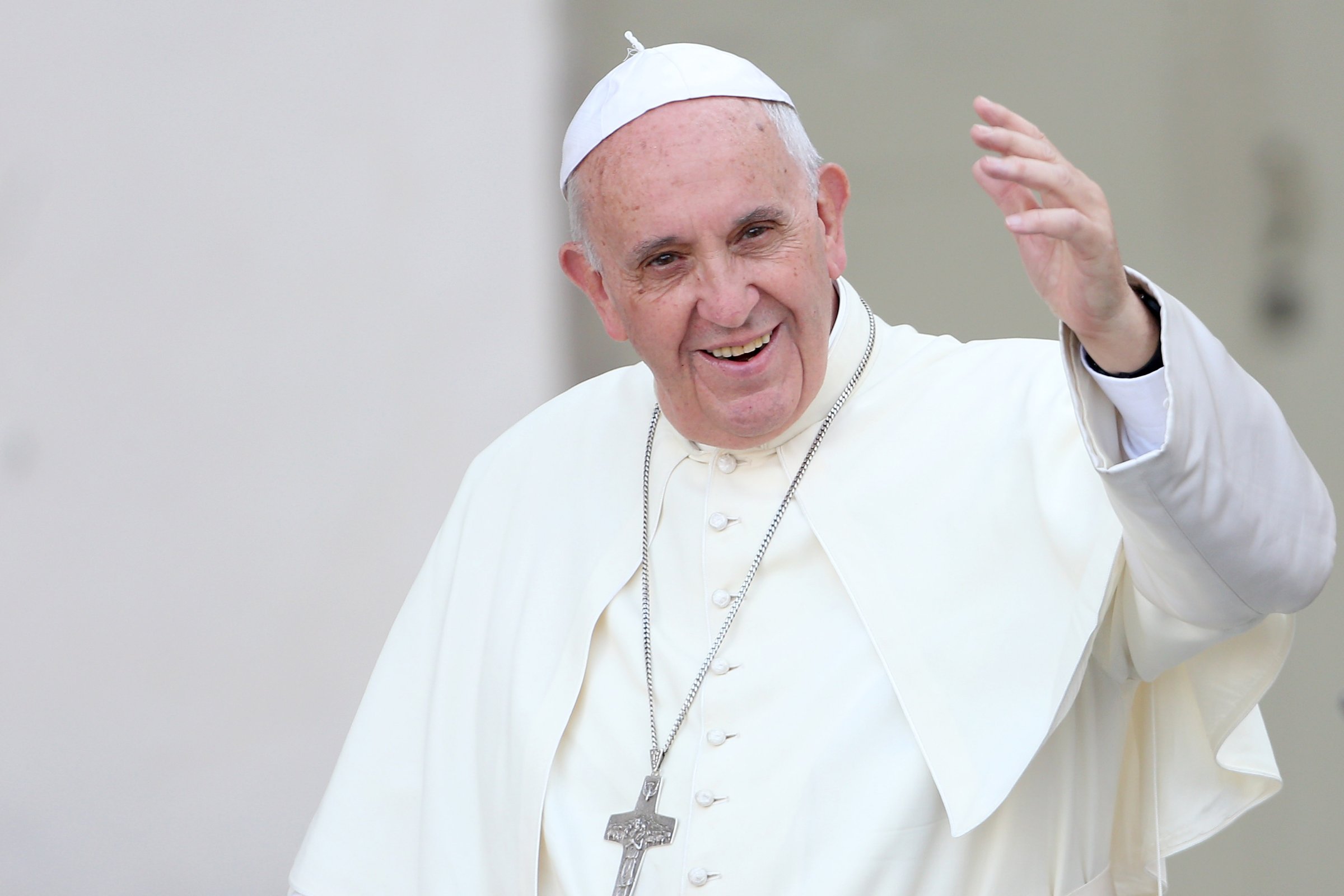
What do you think about Pope Francis’s encyclical, released Thursday?
It offers an important moment for us to think about humanity’s relationship to nature. Pope Francis describes how we are a part of nature and interconnected with the rest of the natural world. We can all take it in with open minds and hearts. This is a big breath of fresh air into our capacity to come together around solutions.
How is this different from past comments from the Vatican on climate change?
There has been powerful language on ecology from the Vatican before, but Pope Francis has a distinct voice. Not only is he presenting this in moral and religious terms, he’s also coming at it with the sensibility of someone who is dedicated to emulating St. Francis and challenging our way of thinking. From his past statements, it seems that he sees the deep, root cause of the climate crisis in the paradigm of putting short-term financial gain for a few over the well being of the whole. That’s a really powerful way to look at it.
What’s the importance of the format of an encyclical?
Sharing his message as an encyclical has significance beyond comments the pope has made in the past because it’s a very considered document that we know has been drafted, edited, and read by people close to him and by other authority figures in the Vatican. It’s his first major teaching letter, and it’s a statement of moral philosophy that will go down in history in an epic way. This gives cause to pay attention on a different level.
Recently some politicians have said religion should stay out of science and politics—what do you think?
I don’t understand the need for these rigid categories, especially when we’re talking about the air that we breathe. We need morality in our political decision-making, and our wisdom and faith traditions are a good place to find guidance.
What more can we do to combat climate change?
Spirituality can call people to a higher level of consciousness about what is truly valuable. There is so much we can do to act on this. People of faith—and also nonreligious people who are committed to ethics and morality—can help the civic sphere to develop another way to measure well being—an alternative to GDP. The problem with measuring things in short-term profit through the sale of products is that most everything of real value is sacrificed—plant life rooted to the earth, clean bodies of water to be enjoyed by all, traditional self-sufficient communities, for example. The poor are cast aside and burdened with pollution. Also, a hugely significant moral fact is that the well being of future generations isn’t valued. As Pope Francis puts it, this way of life hurts the richness and beauty of the earth and makes it “ever more limited and grey, even as technological advances and consumer goods continue to abound limitlessly.”
We can also take actions such as divesting from fossil fuels and helping connect locally rooted environmental struggles to the larger conversation. We aren’t going to be able to measure these efforts with price tags. But as human beings, we are capable of holding that in our minds as we make political decisions. I hope we can gain strength and inspiration from the encyclical to continue this work.
Melting Away: One Photographer's Journey to Preserve the Polar Regions
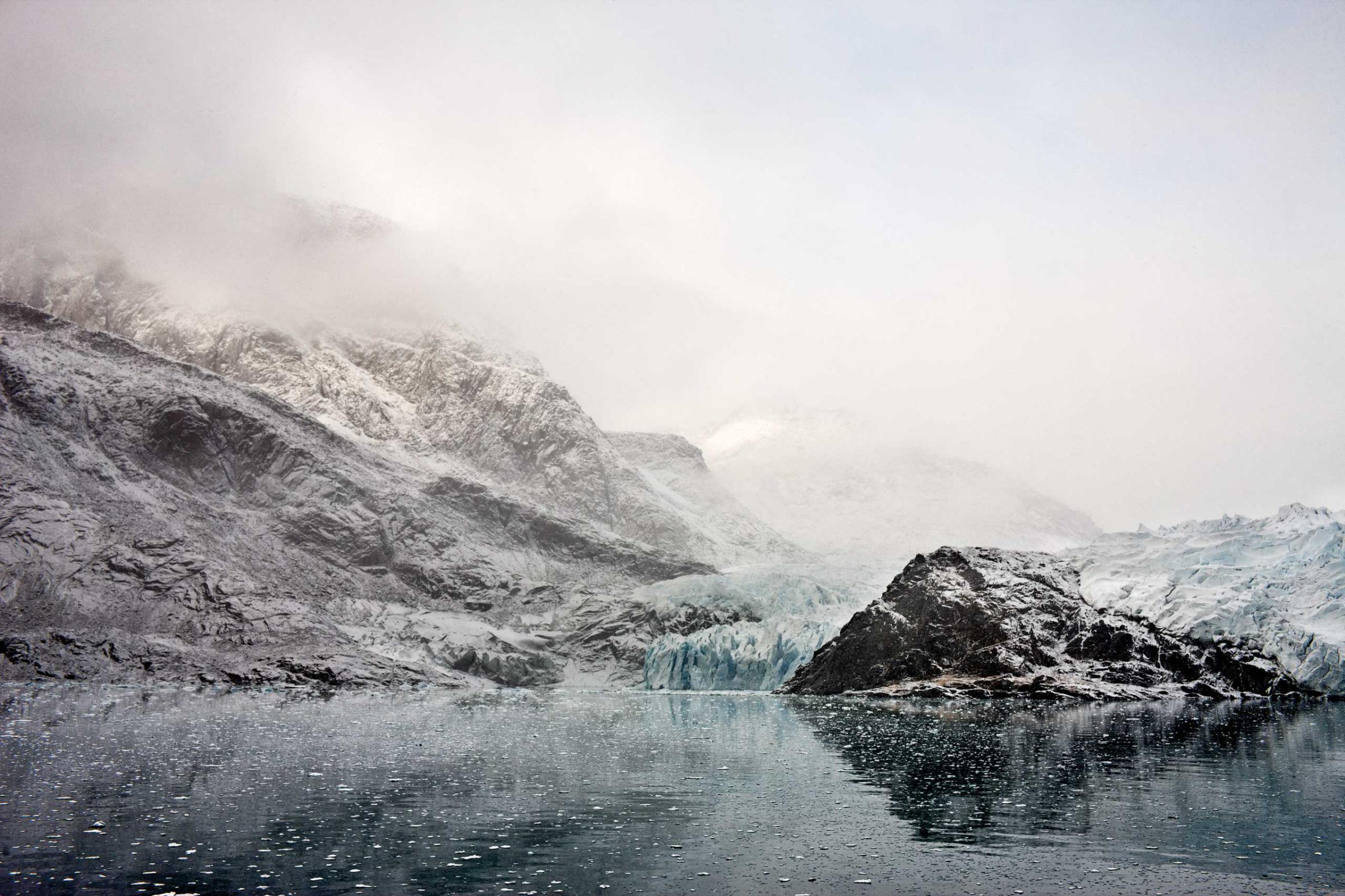
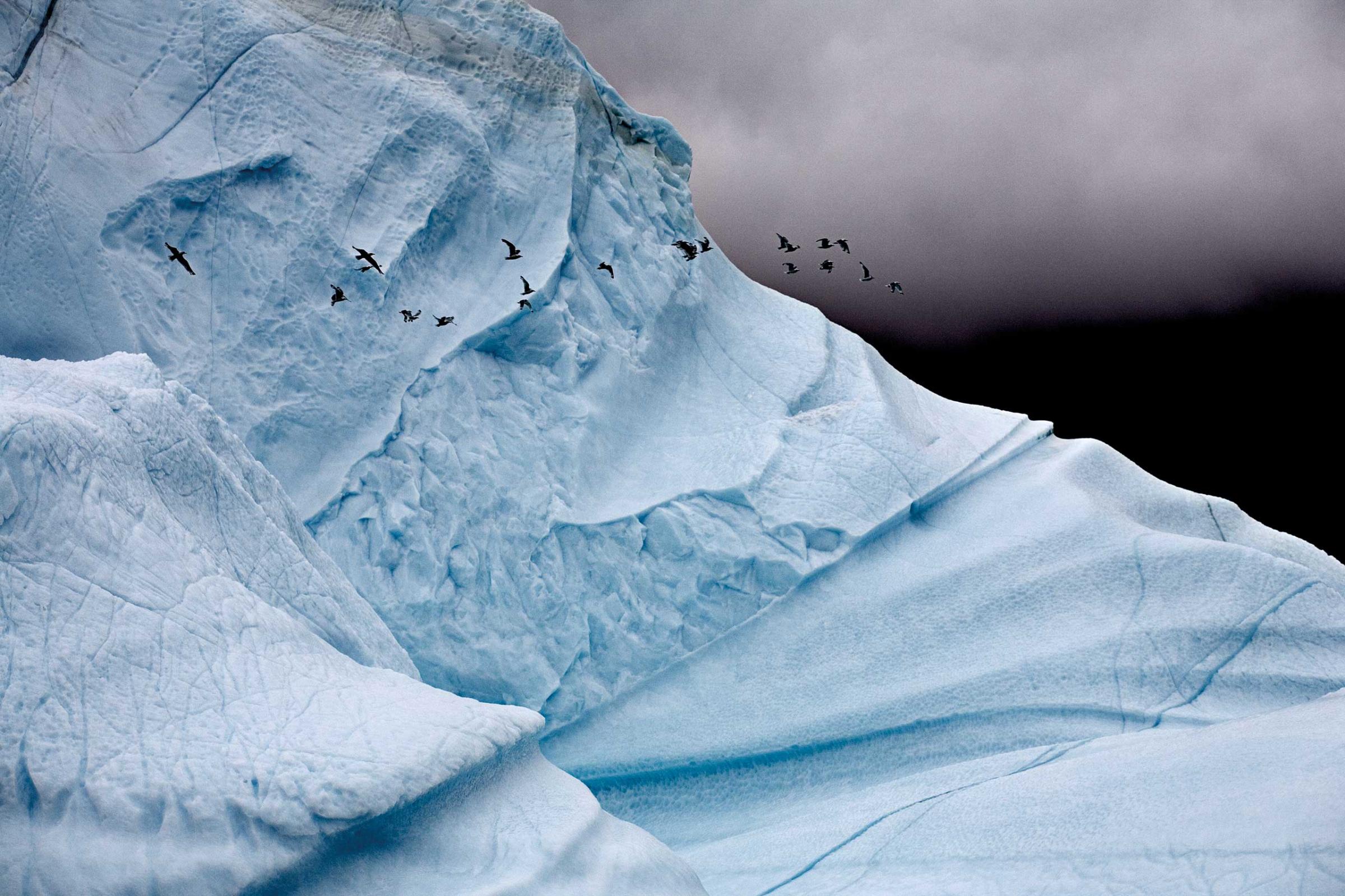
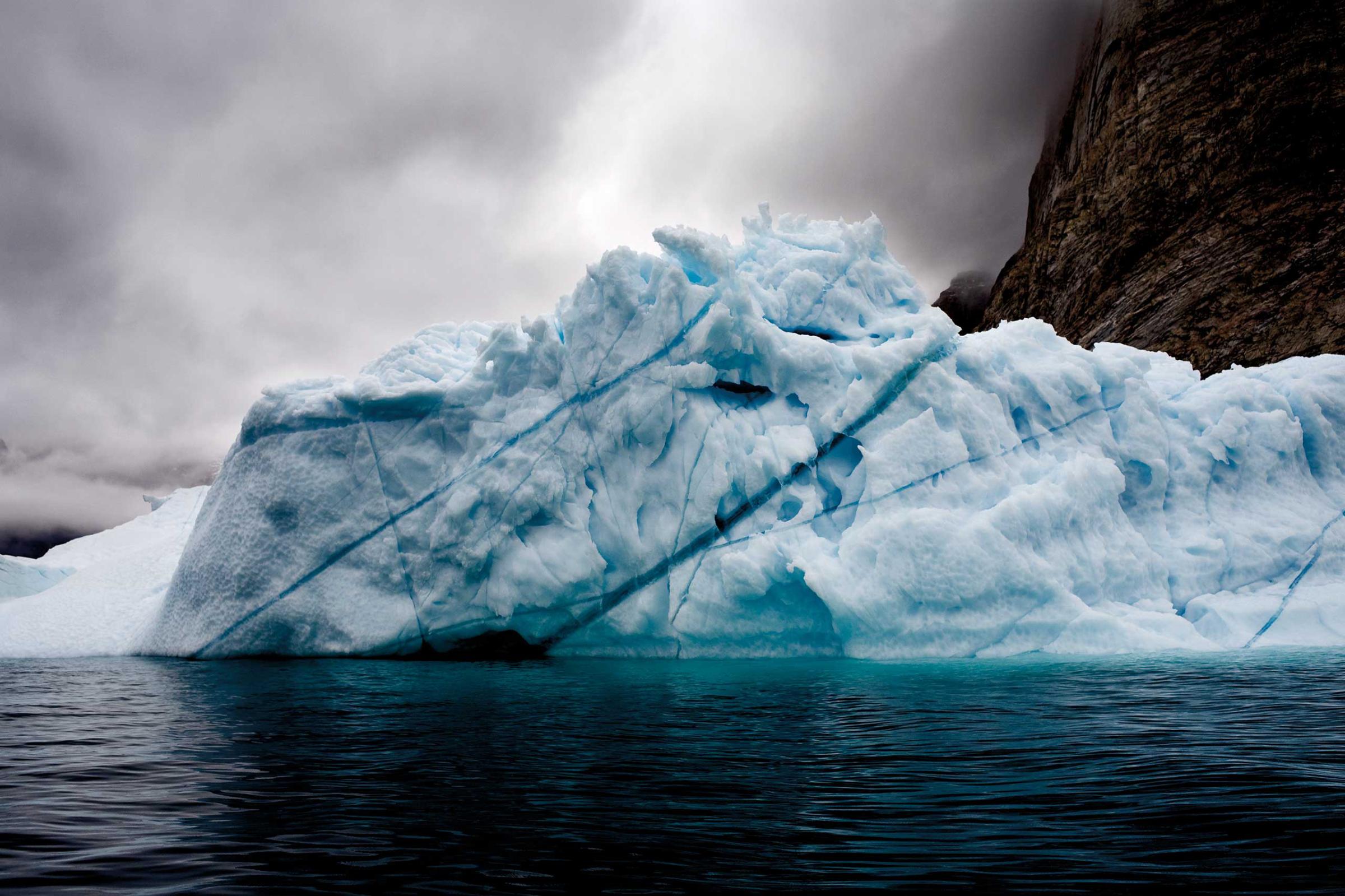

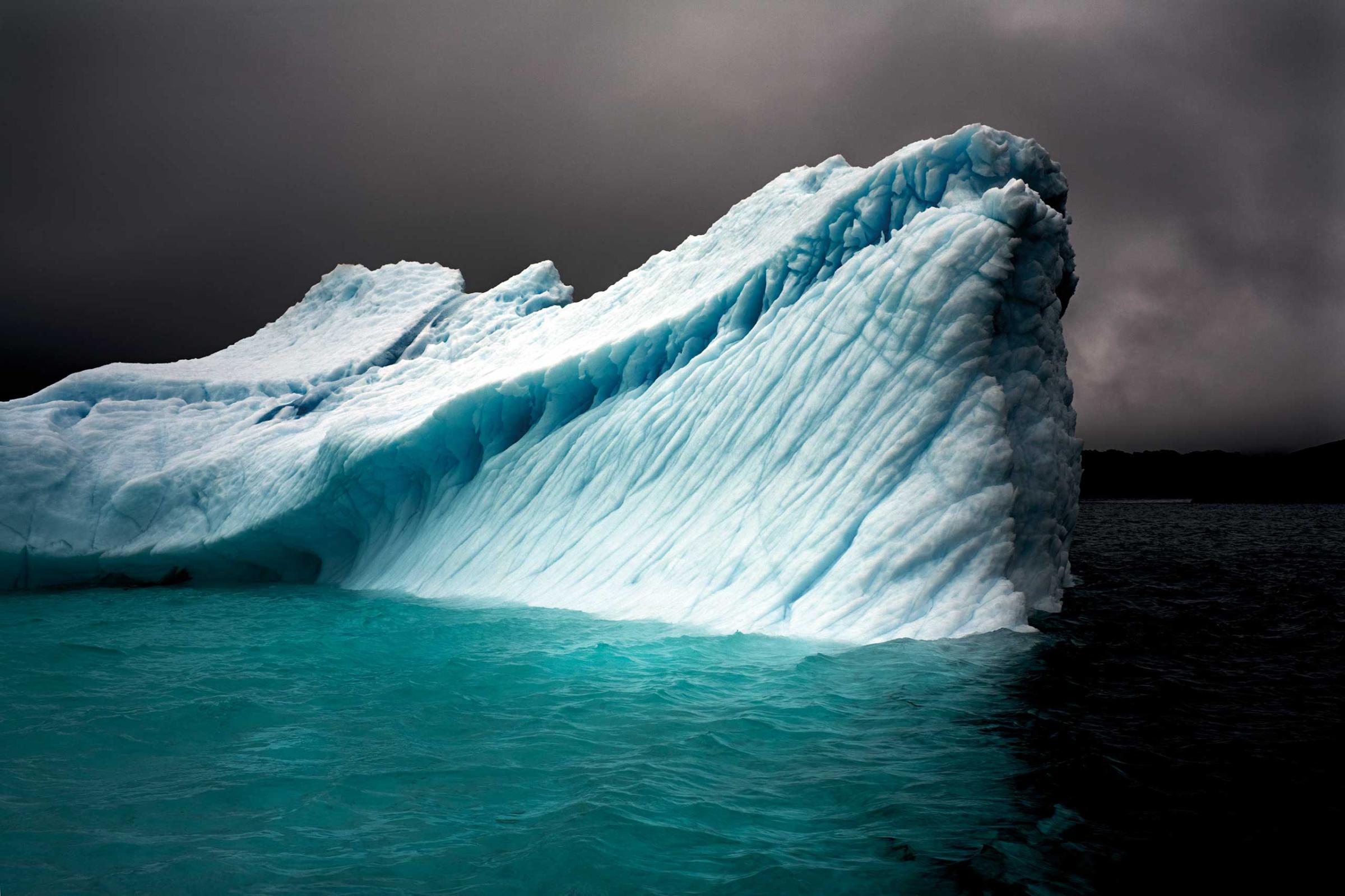

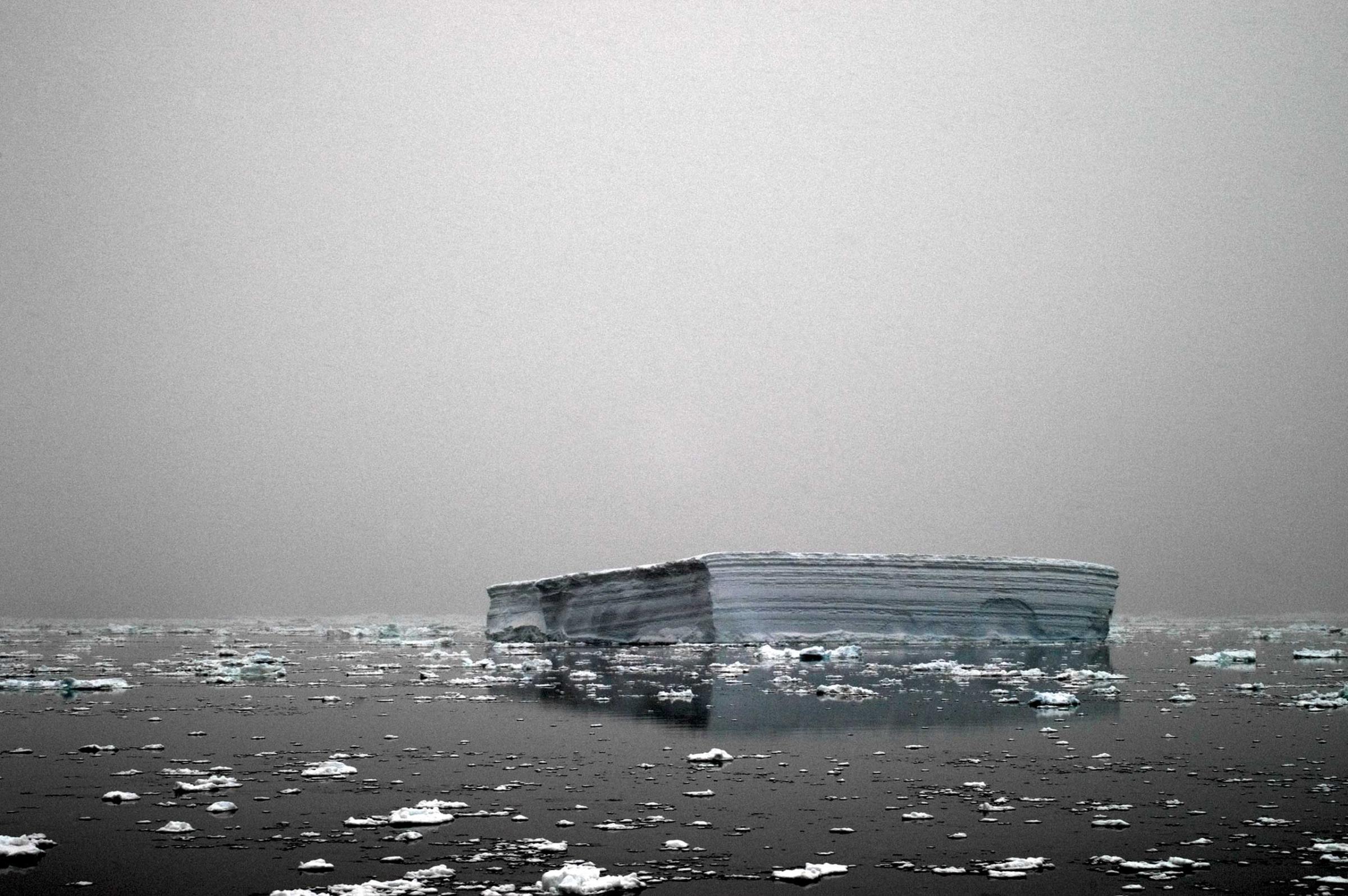
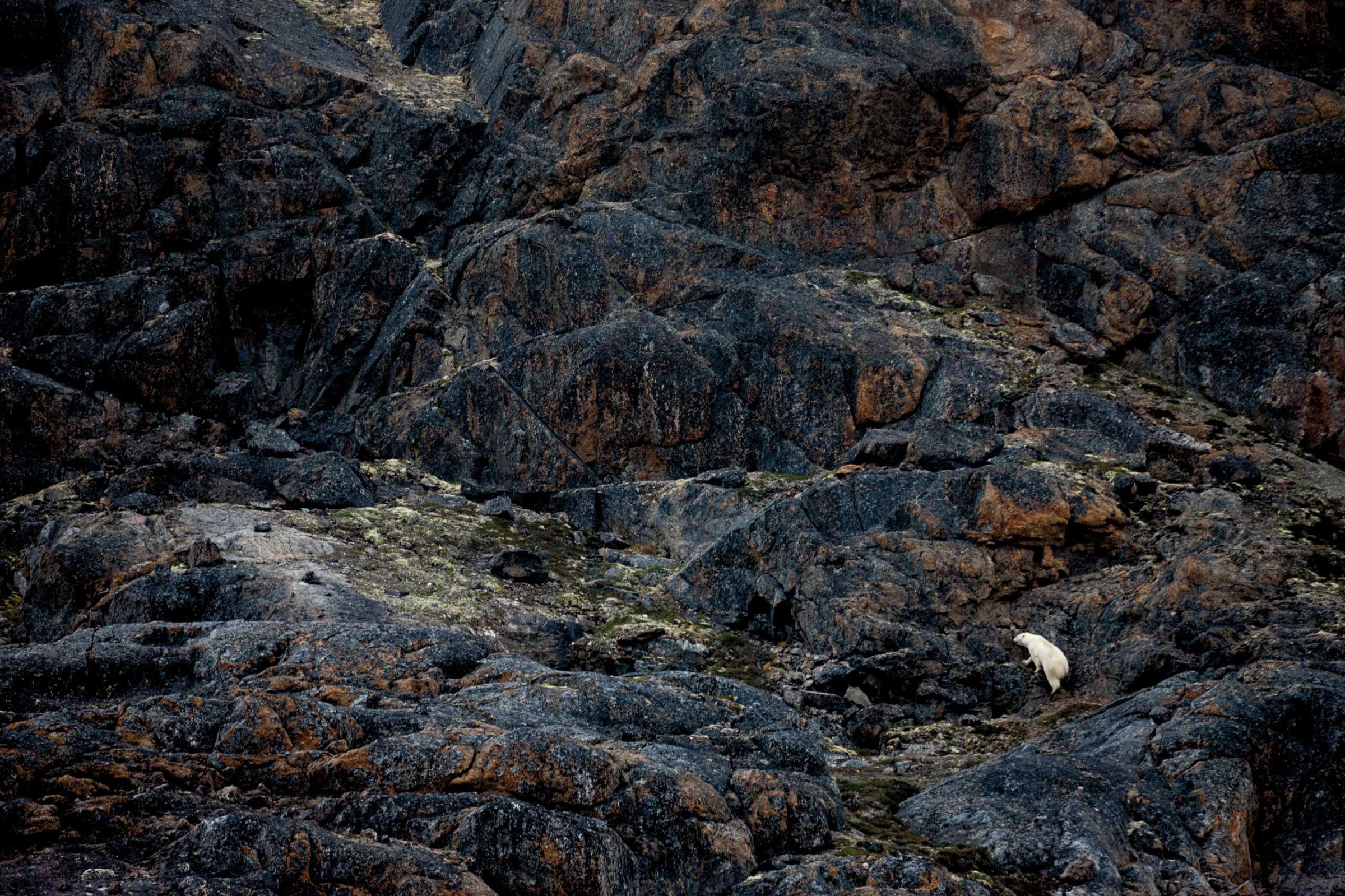
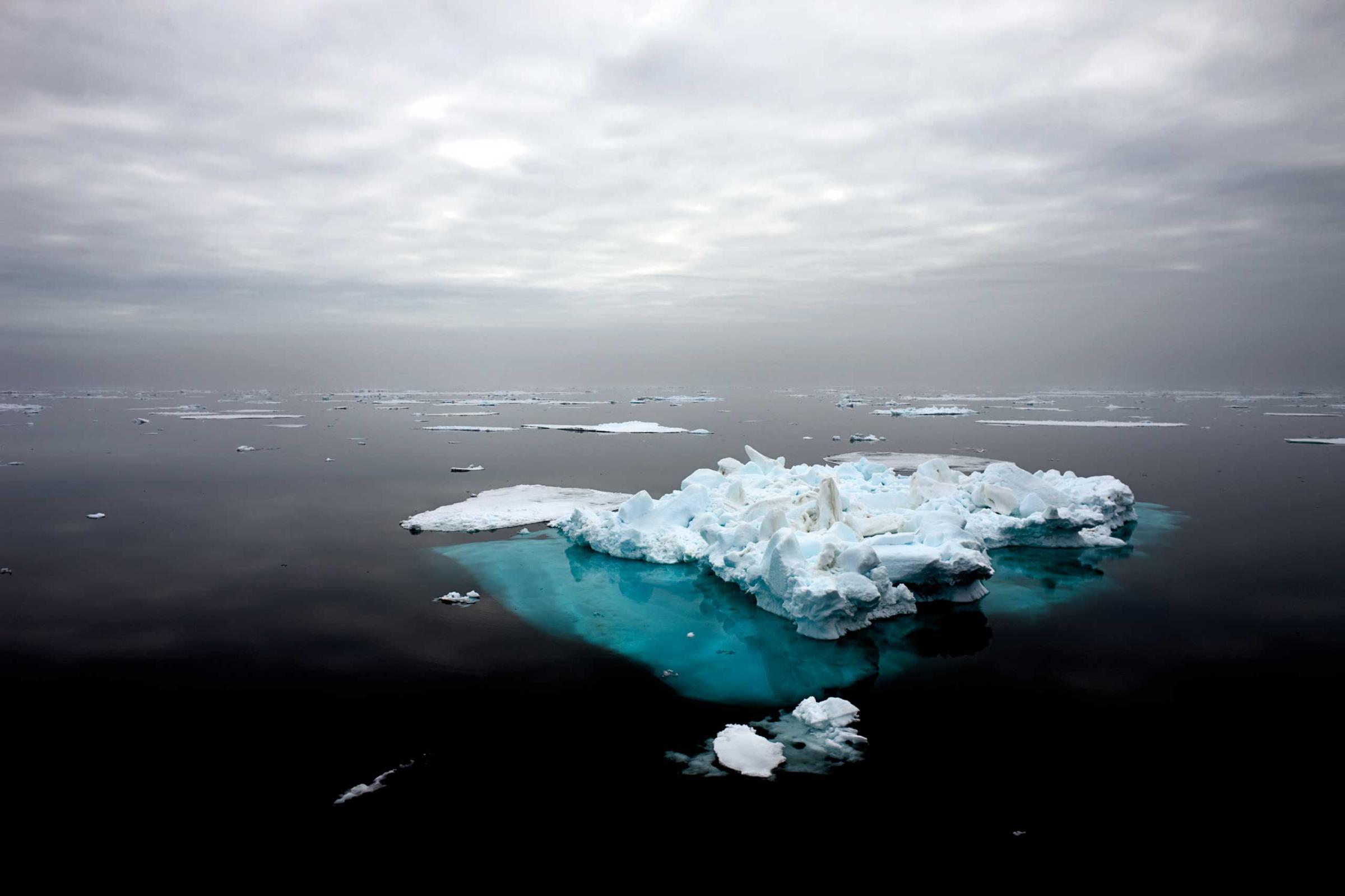
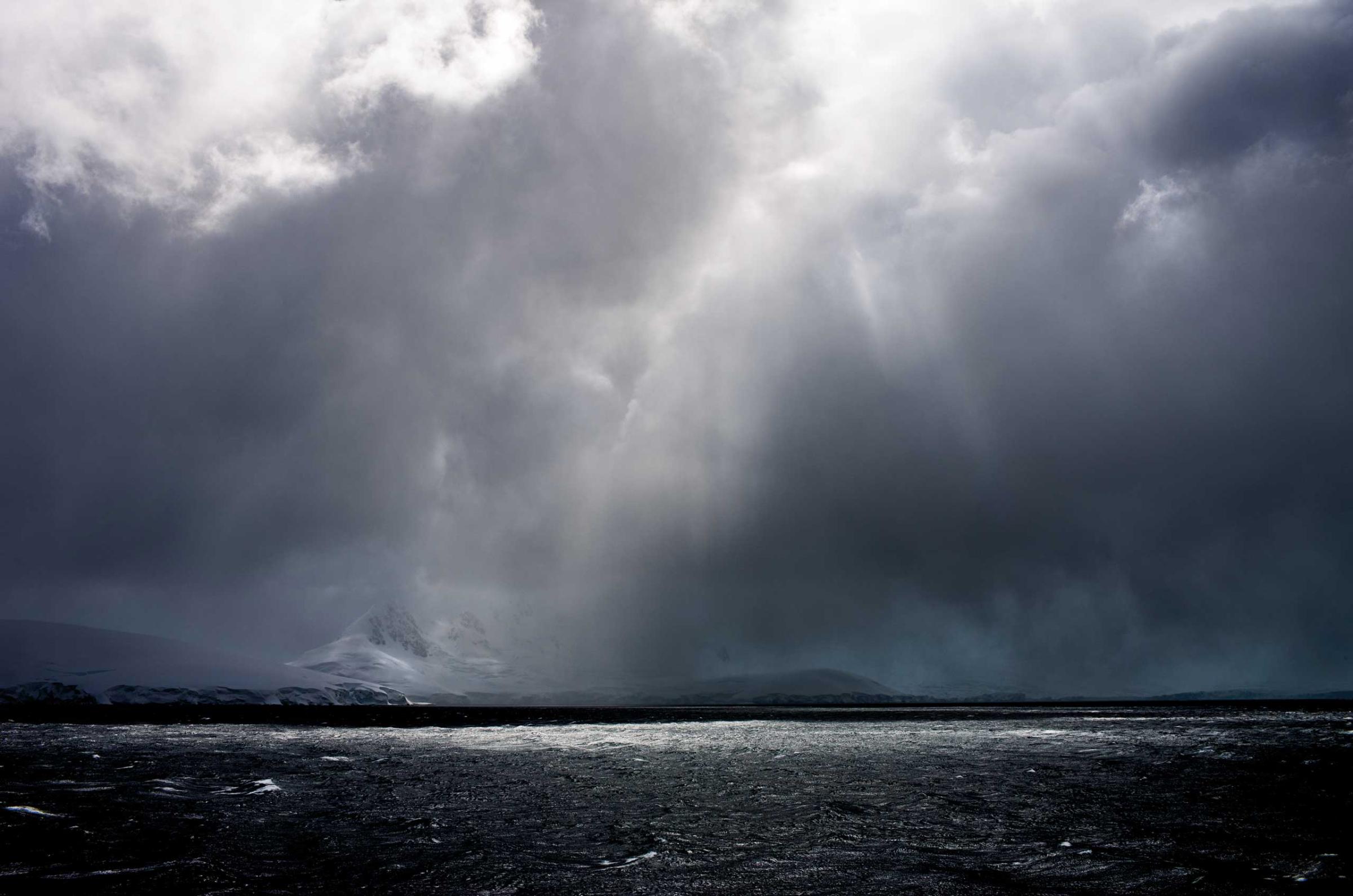
More Must-Reads from TIME
- Where Trump 2.0 Will Differ From 1.0
- How Elon Musk Became a Kingmaker
- The Power—And Limits—of Peer Support
- The 100 Must-Read Books of 2024
- Column: If Optimism Feels Ridiculous Now, Try Hope
- The Future of Climate Action Is Trade Policy
- FX’s Say Nothing Is the Must-Watch Political Thriller of 2024
- Merle Bombardieri Is Helping People Make the Baby Decision
Contact us at letters@time.com